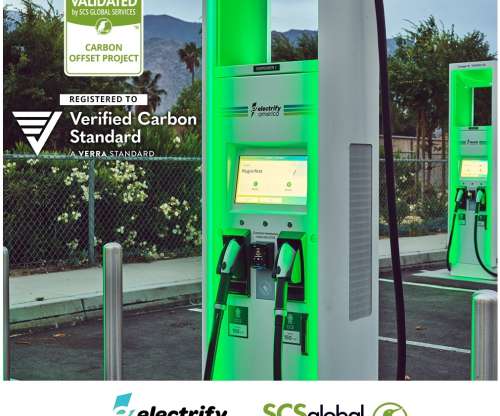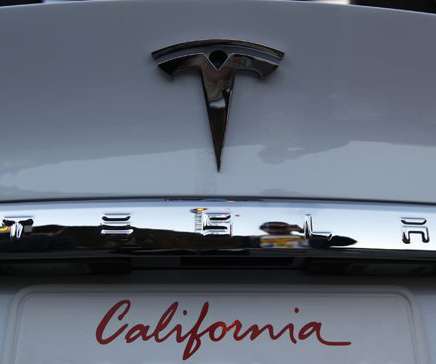All new vehicle sales in Oregon to be ZEVs by MY 2035
Green Car Congress
DECEMBER 23, 2022
The Oregon Environmental Quality Commission adopted rules this week (3-1) to require all new passenger cars, trucks and SUVs sold in Oregon to be zero emissions (ZEVs) by 2035. The commission is the policy and rulemaking board for the Oregon Department of Environmental Quality (DEQ).




























Let's personalize your content